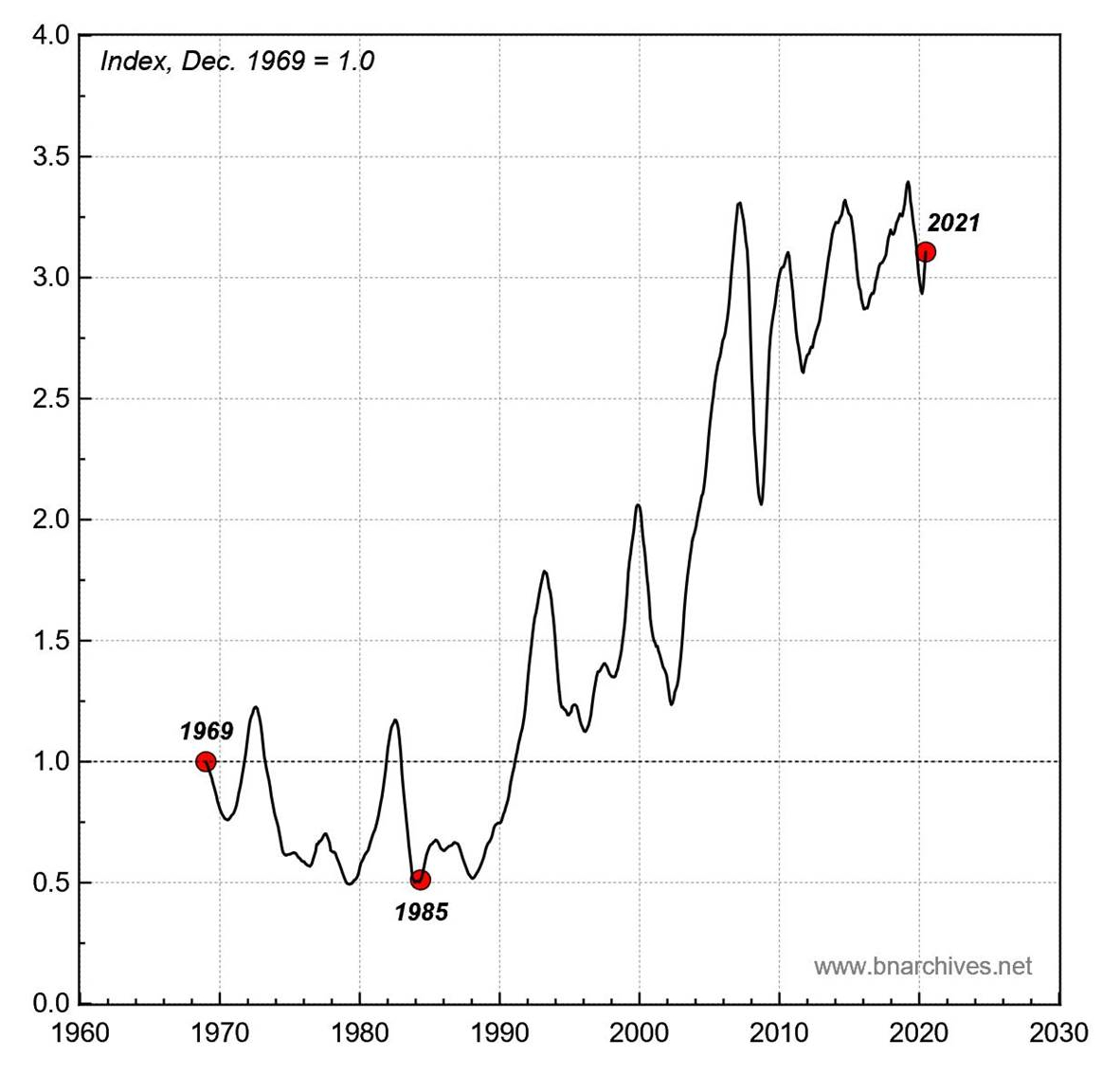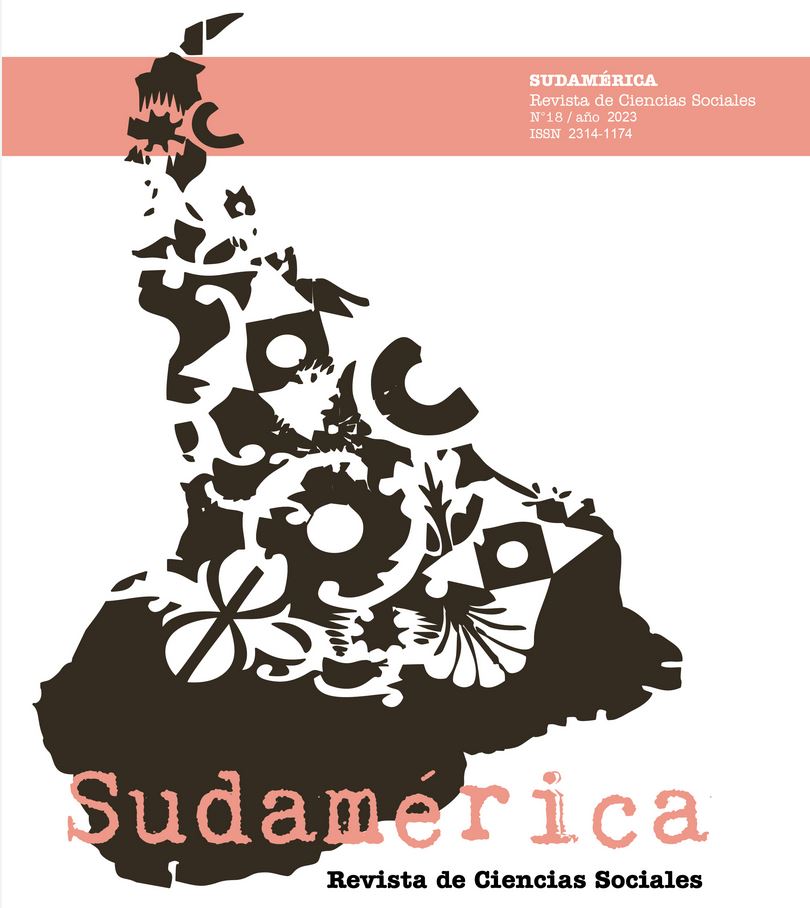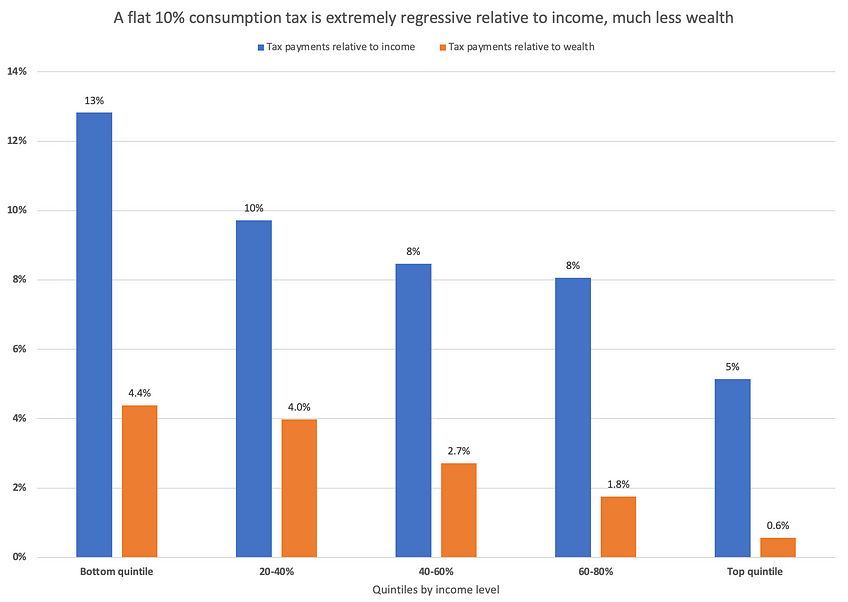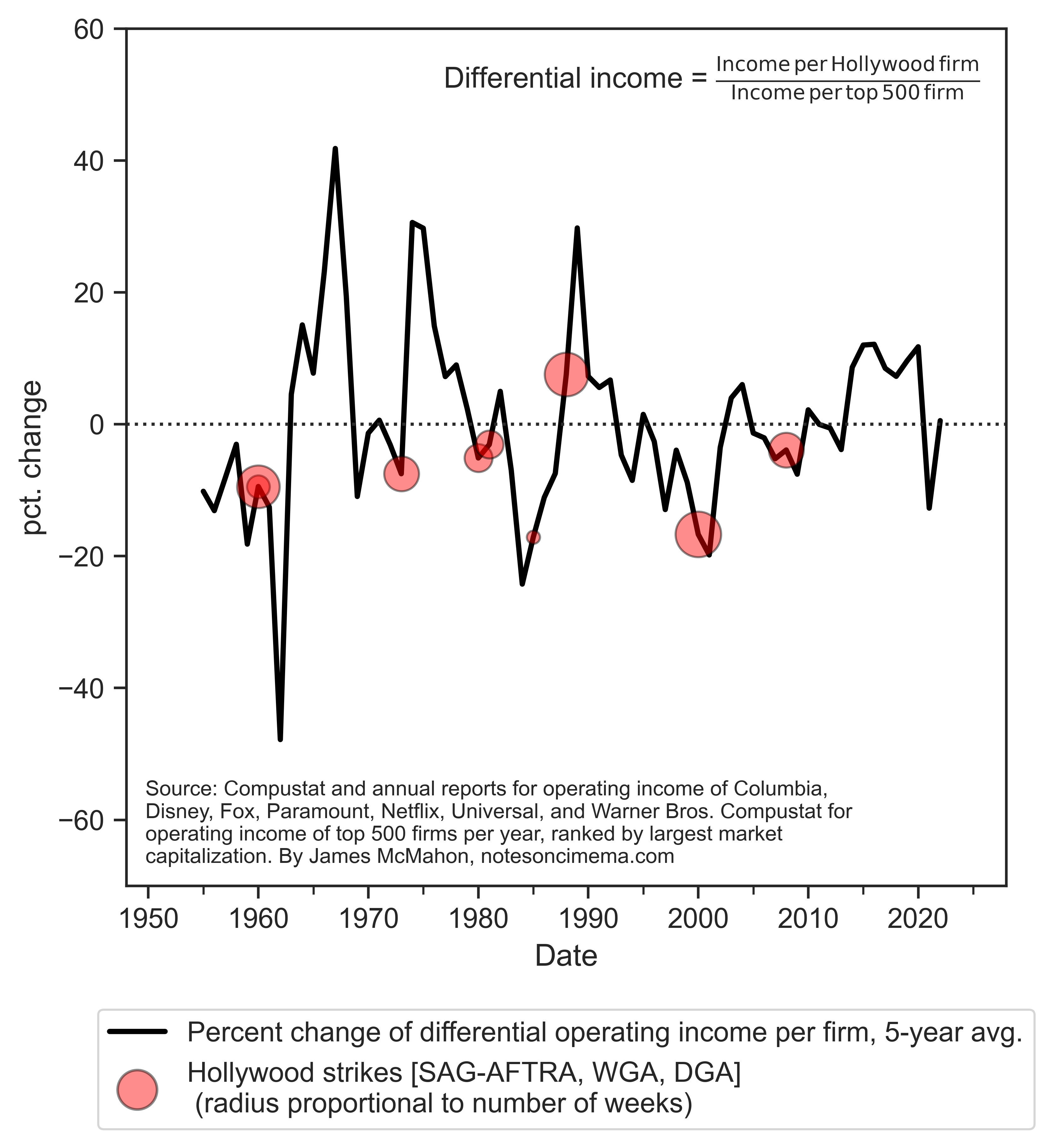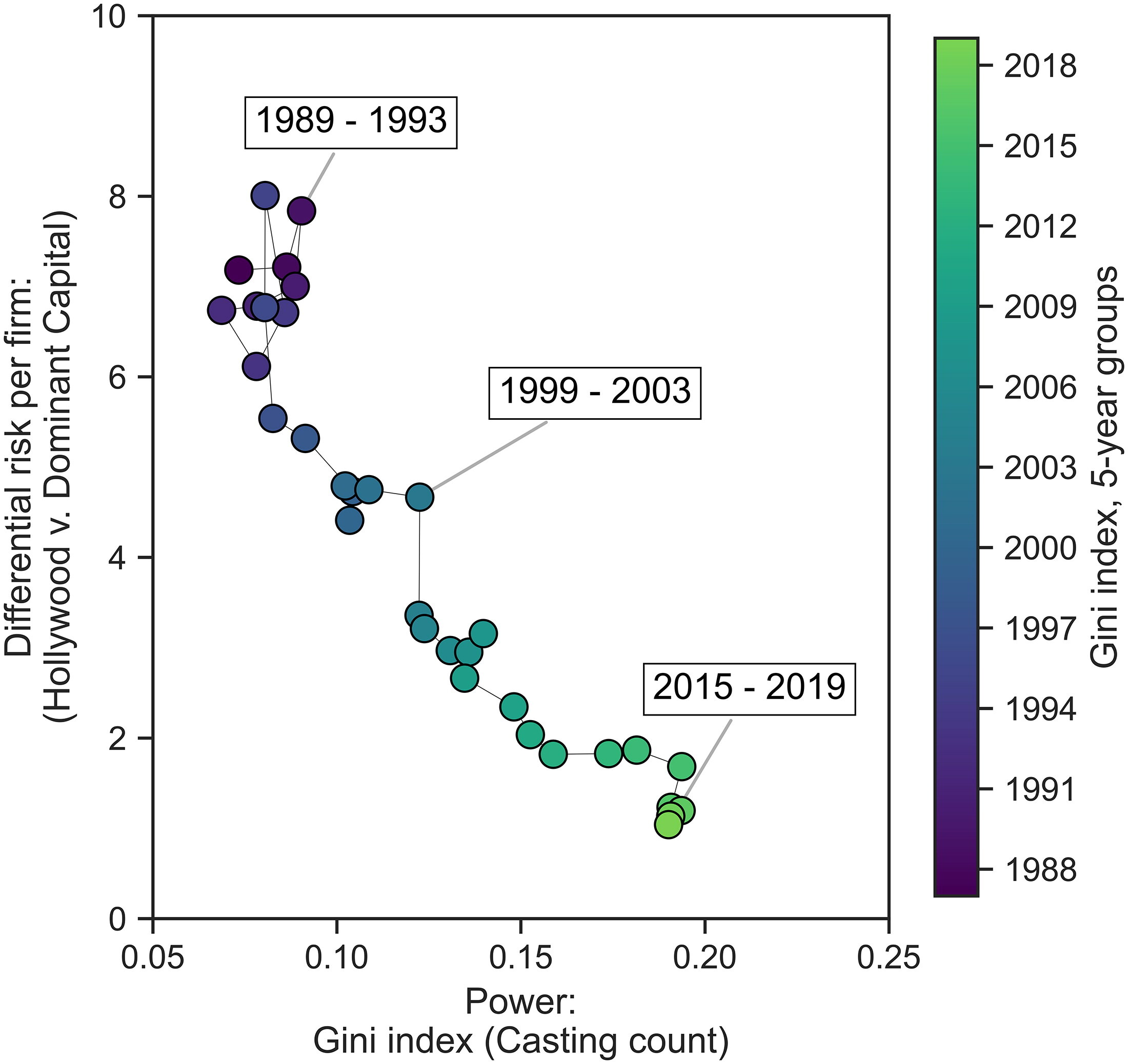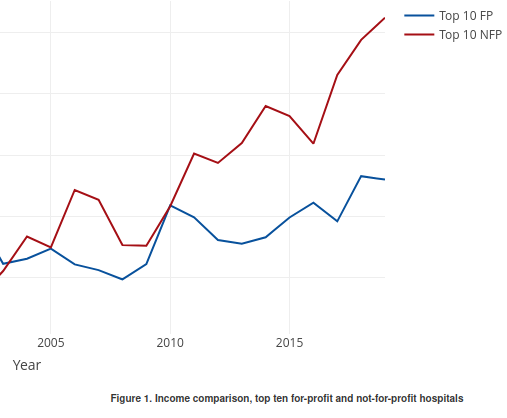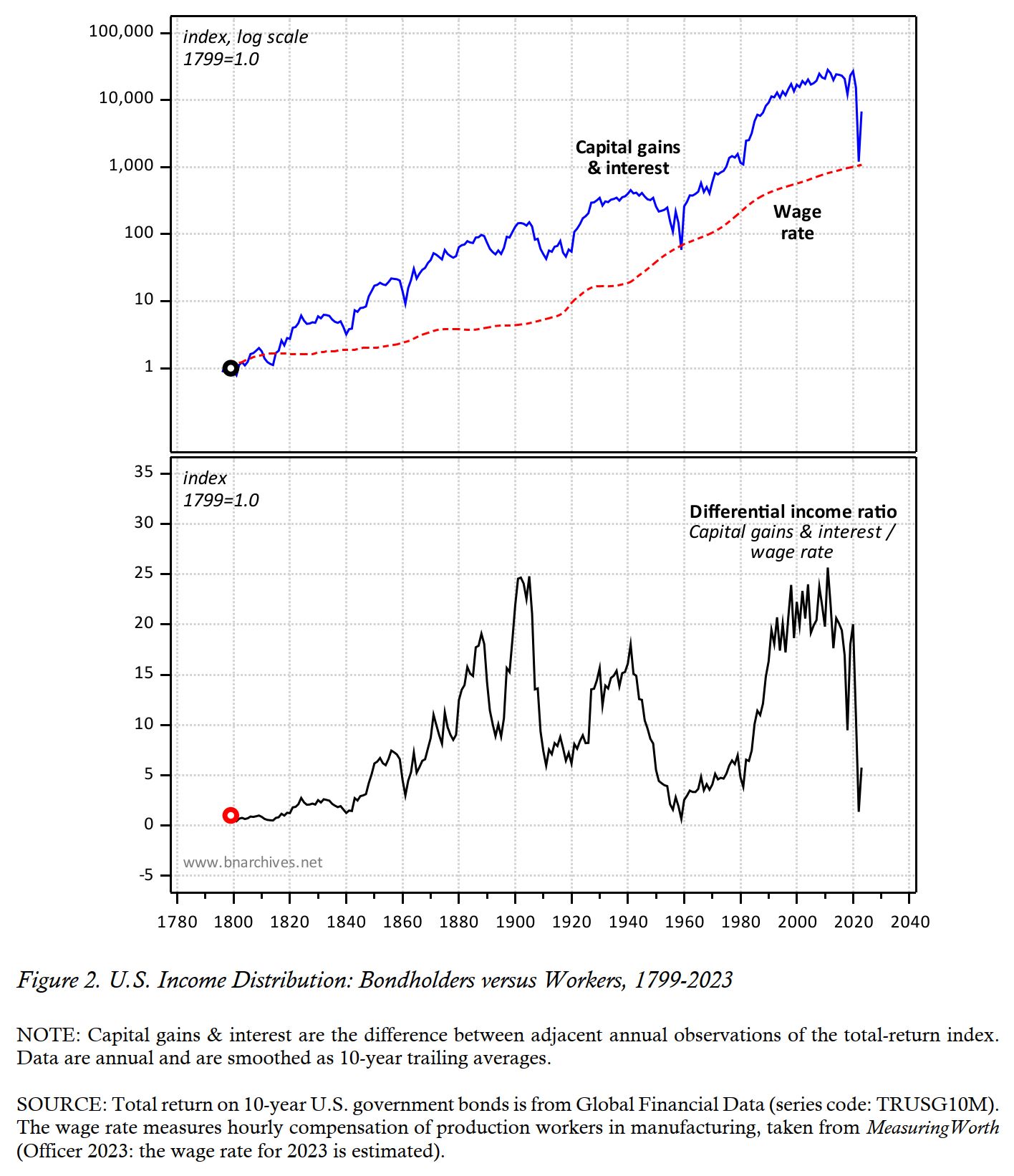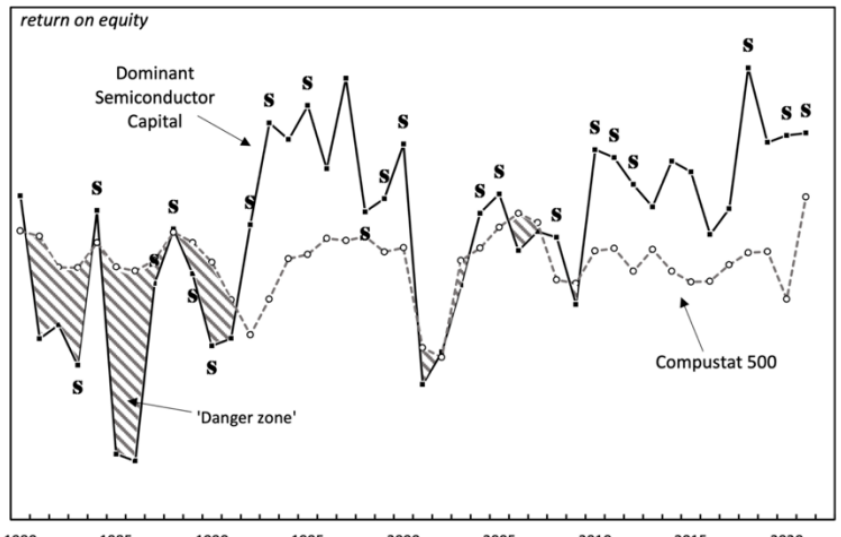Originally published at pluralistic.net Reproduced under a Creative Commons Attribution 4.0 license Cory Doctorow “Political economy” may sound like an obscure technical matter, but it’s a really very simple (and incredibly important) idea: That the economy is inevitably political, and there is no way to depoliticize economic theory. That is, every aspect of economics – […]
Continue ReadingBichler & Nitzan, ‘Regime Change and Dominant Capital: Lessons from Israel’
Abstract Israel’s ongoing crisis – or ‘judicial coup’ in popular parlance – has elicited two opposite responses. The first comes from global rating agencies, economists and investment strategists who see Israel’s country risk rising. The opposite reaction, by Prime Minister Netanyahu and his acolytes, insists that the ‘coup’ is much ado about nothing, and that […]
Continue ReadingAlberta’s Rockefeller Coups, Part 5: Canada is an American Protectorate & Alberta is an Imperial Bezzle
Regan Boychuk Green Party of Alberta energy critic Author’s note Extraordinary claims require extraordinary evidence. The suggestion that a semi-secret conspiracy of racists transferred imperial control of Canada from the British to the Americans on the eve of the Second World War seems well worth skepticism. But doubt will melt as we meet the elite […]
Continue ReadingA Modern Anarchism (Part 1): Anarchist Analysis
Daniel Baryon Originally published at libcom.org Author’s Note The following is the script of the video I published on my channel Anark. If you would like to watch that video, it is here Minor edits have been made to the script to instead refer to itself as an essay instead of a video. Other than […]
Continue ReadingDi Liberto, ‘Differential Harm: Patterns of Uneven Destruction’
Abstract This essay opposes the idea that contemporary critical events like pandemics, global warming, environmental deterioration, et cetera, are to be considered as affecting humanity in a uniform way. Instead of seeing these phenomena like abstract universal threats, I propose to look at them through the lens of my concept of differential harm. By drawing […]
Continue ReadingSuaste Cherizola, ‘Estudiar el precio, olvidar el valor. Una alternativa al pensamiento económico tradicional’
Abstract Este artículo intenta sentar las bases para una comprensión de los precios radicalmente diferente a como los entiende el pensamiento económico tradicional. Tras revisar algunos aspectos relevantes de la crítica a la teoría del dinero como mercancía, se muestra que el pensamiento tradicional es incapaz de captar las propiedades irreductibles de los precios y […]
Continue ReadingWhy Consumption Taxes (VATs) are Insanely Regressive
Originally published at Wealth Economics Steve Roth Following the community of Socks (?s) or “social democrats” out there on the interwebs (this is definitely my economic tribe), in articles, and in books, there’s a particular stance on a particular issue that I find perplexing, even anti-progressive. They’re generally quite keen on using “value-added” consumption/sales taxes […]
Continue ReadingThe political economic roots of Hollywood strikes, Part 1
Originally published at notes on cinema James McMahon On May 2, 2023, the Writers Guild of America (WGA) went on strike after failing to reach an acceptable agreement with the Alliance of Motion Picture and Television Producers (AMPTP), the trade association that negotiates for the film and television interests of the major Hollywood studios. While […]
Continue ReadingHow the Labor Theory of Value Emerges from Egalitarianism
Originally published at Economics from the Top Down Blair Fix Download: PDF | EPUB … the value of a commodity is determined by the quantity of labour spent on it … — Karl Marx In the 1860s, Karl Marx declared that all value stemmed from labor. A century-long firestorm ensued. On its own, Marx’s claim […]
Continue ReadingMcMahon, ‘Star Power and Risk: A Political Economic Study of Casting Trends in Hollywood’
Abstract This paper builds an empirical and theoretical model to analyze how the financial goal of risk reduction changed the insides of Hollywood’s star system. For the moviegoer looking at Hollywood cinema from the outside, the function of the star system has remained the same since the 1920s: to have recognizable actors attract large audiences […]
Continue ReadingHow elite hobbies let billionaires pay no tax
Originally published at pluralistic.net Reproduced under a Creative Commons Attribution 4.0 license Cory Doctorow When you hear that a billionaire has bought a horse or a newspaper or a sports team, you might think it’s just dilletantish dabbling by a member of the parasite class with nothing better to do with their time – a […]
Continue ReadingEnvironmental conflict, capital as power … and a nice trip to London
Originally published at Manchester Metropolitan University Adam Marshall In recent years, as governments and corporations have intensified their efforts to locate, extract and monetise oil, gas, and various other biophysical resources, the world has simultaneously witnessed a proliferation of social resistance to these efforts. While such resistance can take many forms, it is invariably motivated […]
Continue ReadingAll you need to know about climate change
Originally published at Asimmetria Yuri Di Liberto What if I told you that they knew everything? And that they have known it for a very long time? On January 13 of this year, 2023, in the journal Science, perhaps the most important article to date on climate change was published. In political, social, and ethical […]
Continue ReadingOn May 29th, Alberta Can Slip Its American Noose
Regan Boychuk Green Party of Alberta energy critic & May 2023 candidate for Banff-Kananaskis Author’s note This article will prove the United States imposed its foreign policy doctrine of “Minimum Duty” on Alberta in November 1938 and that politics in Alberta and Canada today remain in the shadow cast by that imposition of Minimum Duty. […]
Continue ReadingWhy are not-for-profit hospitals in the US so much more profitable than for-profit hospitals?
Christopher Mouré and Shai Gorsky When it comes to social institutions, not-for-profit organizations (NFPs) allegedly strike a balance between the private and public realm. While privately owned and operated, not-for-profits are distinguished by their ostensibly public purpose – in eschewing private profits, they claim to make the pursuit of some social benefit their primary objective. […]
Continue ReadingBichler & Nitzan, ‘Inflation as Redistribution: Creditors, Workers, Policymakers’
Abstract This paper is part of a dialogue with Blair Fix on how inflation redistributes income between creditors and workers and the way in which monetary policy affects this process. In his 2023 paper, ‘Inflation! The Battle Between Creditors and Workers’, Fix shows, first, that the impact of U.S. inflation on creditor-worker distribution has been […]
Continue ReadingFascism in Israel. The Funding of Fascist and Neo-Nazi Movements: 1970-1990
Jonathan Nitzan and Shimshon Bichler In 1989, we applied for a Harry Frank Guggenheim Foundation grant to investigate the funding of fascist and Neo-Nazi movements in Israel. The Foundation did not find the topic important enough, and the application was ceremonially rejected. Here is what we wanted to do. Research plan The emergence of ultra […]
Continue ReadingWith Great Power Comes Great Fear
Originally published at Economics from the Top Down Blair Fix Over the last year, I’ve watched with horror and amusement as health agencies around the world flip-flopped their advice on how to deal with COVID. My horror comes from knowing this flip-flopping breeds mistrust in science. But I am (morbidly) amused because I know that […]
Continue ReadingMaxing out our global credit-card with authoritarian debt
Originally published at pluralistic.net Reproduced under a Creative Commons Attribution 4.0 license Cory Doctorow People who fret about the debt we’re taking on to deal with climate change are (half) right. Because there’s two ways of dealing with the climate emergency: either we can avert it, or we can seek high ground and erect high […]
Continue ReadingMouré, ‘Technological Change and Strategic Sabotage: A Capital as Power Analysis of the US Semiconductor Business’
Abstract Rapid technological change is often touted as a fundamental reality of capitalist societies. It is also presented as concrete evidence for the supposed progressive improvement of material well-being that characterises the capitalist system of social order. Since its emergence in the mid-20th century, semiconductor technology in many ways exemplifies this view. Yet the rapid […]
Continue Reading

